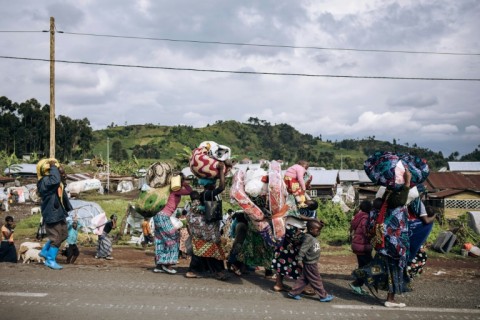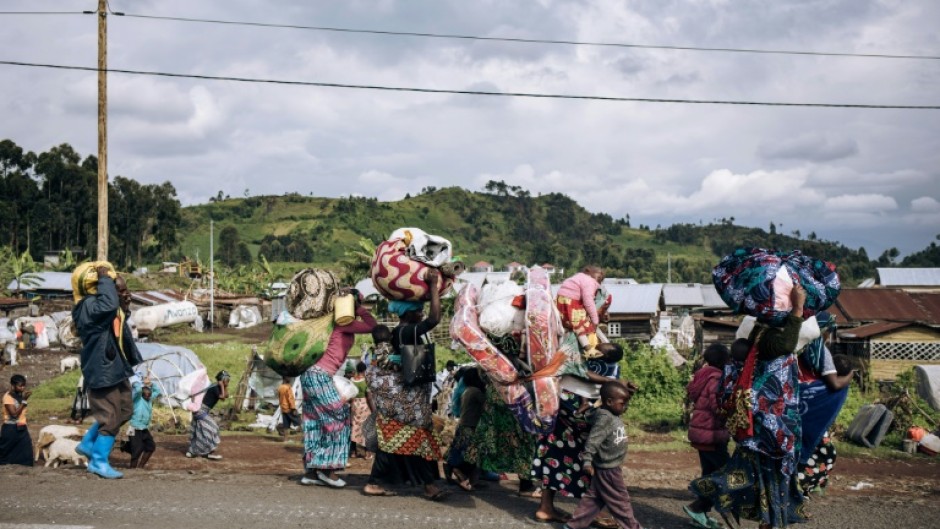
KIVU - The United Nations sounded the alarm on Monday over "rampant violence and rising humanitarian needs" in the violence-plagued eastern Democratic Republic of Congo.
Armed groups have terrorised civilians in the region for decades, forcing vast numbers to flee their homes.
Leading relief officials have "triggered an immediate scale-up of humanitarian operations" in eastern DR Congo "following months of relentless violence and rising humanitarian needs", the UN Office for the Coordination of Humanitarian Affairs (OCHA) said in a statement.
Food, protection and the spread of treatable diseases in the volatile regions of Ituri, North Kivu and South Kivu provinces are the focus, it added.
Last week, at least 46 people, half of them children, were killed in a militia attack on a camp for displaced people in the north east of the country.
"Thousands more have since fled the site" in northeastern Ituri province, OCHA said.
"The brutality unleashed by armed groups on local communities and the depth of people’s humanitarian need is unparalleled," Bruno Lemarquis, humanitarian coordinator in DR Congo, said in the statement.
"The suffering is immense. Millions of people desperately need humanitarian assistance," he added.
"We are fully committed to this scale-up in our response."
OCHA pointed to a "lethal" mix of violence, natural disasters, poverty and lack of basic services for driving hunger and malnutrition.
"Many rural communities have no choice but to abandon their fields out of fear of attacks," it said.
Outbreaks of diseases such as Ebola, measles and cholera have also contributed to the humanitarian crisis, it warned.
Since March 2022, 2.8 million people have been forced from their homes in North Kivu, South Kivu and Ituri provinces, according to OCHA.
DR Congo, a vast, mineral-rich country, now has 6.3 million internally displaced people, the highest number in any African country, it said.
However, OCHA said that despite the scale of the need, funding for the humanitarian response remained low, with just 28 percent funded.
Dozens of armed groups, both local and foreign, roam eastern DR Congo, a legacy of regional wars that raged in the 1990s and 2000s.

